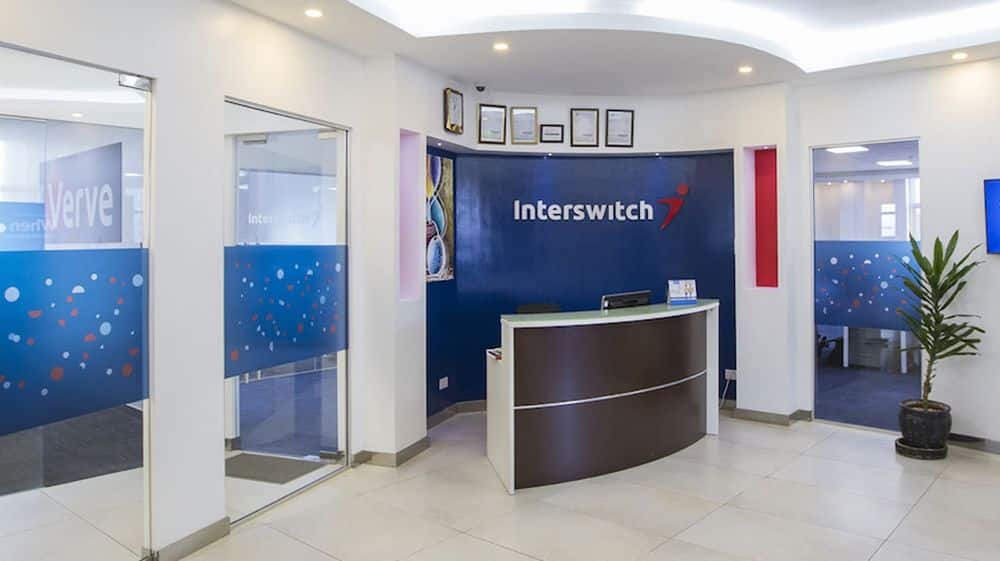The news:
- African fintech Interswitch has reportedly lost ₦30 billion ($38 million) to chargeback fraud.
- The company is seeking legal action to recover the funds, as it has reported the case to the Economic and Financial Crimes Commission (EFCC).
- It has reportedly recovered ₦10 billion ($12.6 million) out of the lost funds.
While Interswitch hasn’t made an official statement about the ₦30 billion loss, it is seeking to freeze accounts in 54 banks connected to the fraud.
Per TechCabal’s report, the chargeback fraud dates back several years and is directly linked to Interswitch employees who likely exploited vulnerabilities in the company’s system.
At least one person connected with the fraud case has been arrested.
The loss was caused by a system glitch that allowed some merchants to receive chargebacks fraudulently.
What is chargeback fraud?
Also known as friendly fraud, chargeback fraud is a type of fraud that happens when a customer disputes a legitimate charge that was made on their debit or credit card.
For example, if I buy groceries from a shop and pay with by credit or debit card, I can go back to my bank and dispute the transaction, saying it never happened.
If I win the dispute, I get my money back, which means I got the groceries for free.
However, chargeback fraud isn’t always intentional. Some people forget they made the purchase and the merchant loses the money they made from that sale.
In Interswitch’s case, however, the chargeback fraud was caused by a glitch which allowed merchants to receive chargebacks fraudulently.
This could be the type of chargeback fraud known as merchant chargeback fraud.
Merchants can also dispute transactions the same way their customers can. According to Chargeflow, merchant chargeback fraud occurs when the merchant intentionally or unintentionally misrepresents the product or service and fails to deliver the promised goods or services.
This merchant then keeps the customer’s payment and also gets a refund from the bank or issuer of the card.
Chargeback fraud in Africa
Chargeback fraud has been a major headache for fintechs that issue cards to their users.
In 2022, Union54, a YC-backed startup that enables startups to issue physical and virtual cards halted its services in Nigeria leading startups like Flutterwave, Eversend, and Payday to stop issuing these cards. At the time, the startup said it had witnessed many cases of chargeback fraud.
Chargeback fraud was also one of the reasons why African fintech Chipper Cash revamped its policies on cards issued to users.











